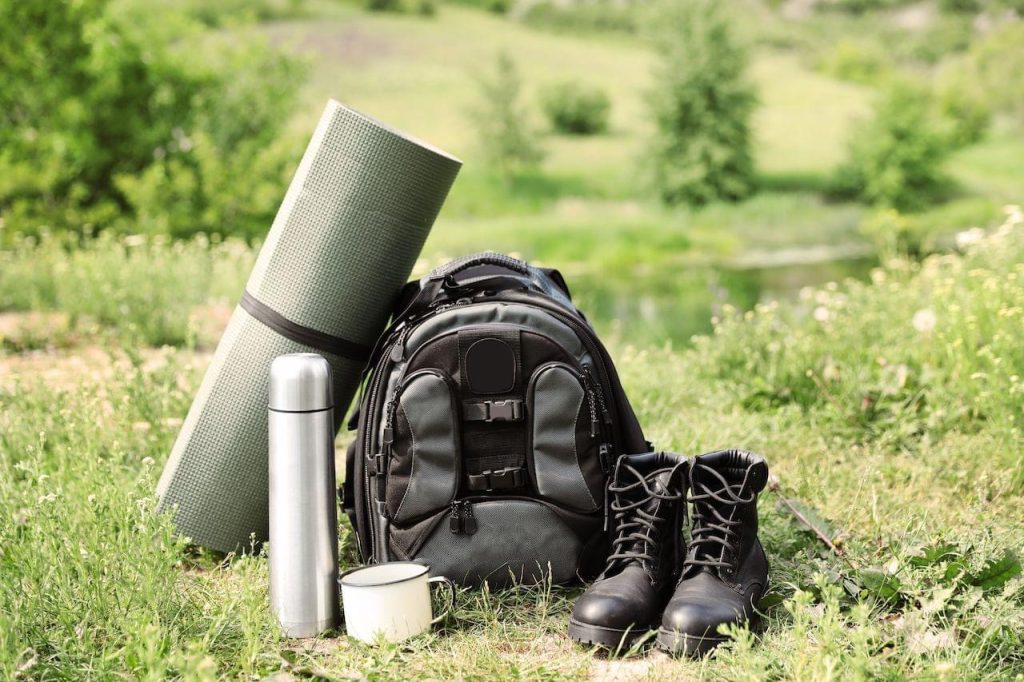Now, lets talk about camping, an activity that isn’t everyone’s cup of tea. There is no universally held definition of what camping is or is not. Typically, camping is an activity which involves people leaving refined homes to spend nights outdoors in caravans and tents in pursuit of enjoyment.

For instance, a homeless person’s lifestyle involves many camping activities such as preparing meals and sleeping outside but it fails to reflect the elective nature and pursuit of spirit rejuvenation that are integral aspect of camping. It is just their way of life.
What distinguishes camping from other short-term recreational activities i.e., picnics and day-tripping is spending a minimum of one night outdoors. Camping can be combined with hiking and is often enjoyed with fishing, climbing, canoeing and hunting. Camping as a recreational activity became popular among the elites in the early 20’s. With time it became more diverse and popular.
Leisure may be an element but what blurs the line is the fact that it includes accommodations in fully equipped fixed structures under the banner of camping. Present day campers own natural resources such as wilderness spaces and commercial grounds publicly. This is actually the key part of most youth organizations around the globe with the aim of teaching both teamwork and self-reliance.
Camping describes a variety of activities and approaches to outdoor accommodation. Recreational vehicle travelers set off equipped with their own furniture, heat and electricity while survivalist campers set off with as little as possible to get by.
The fascinating aspect about camping is, it can be enjoyed through all four seasons.









